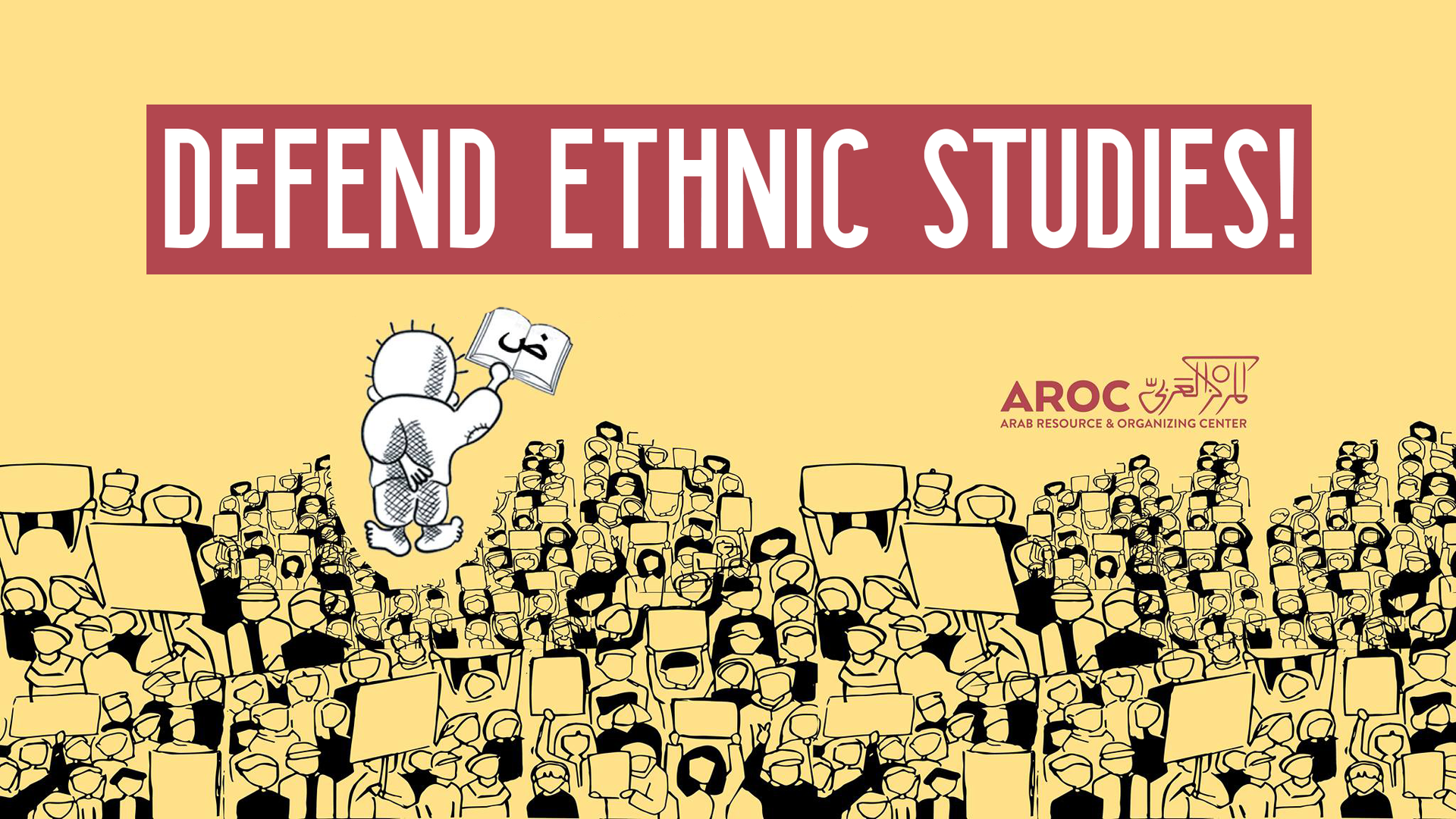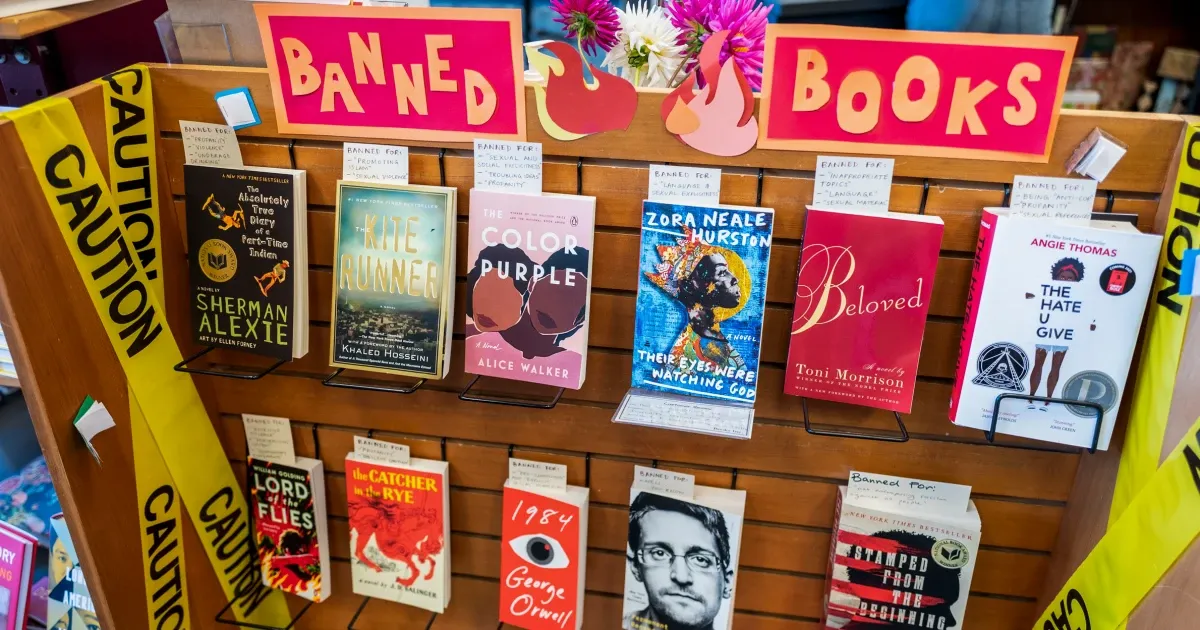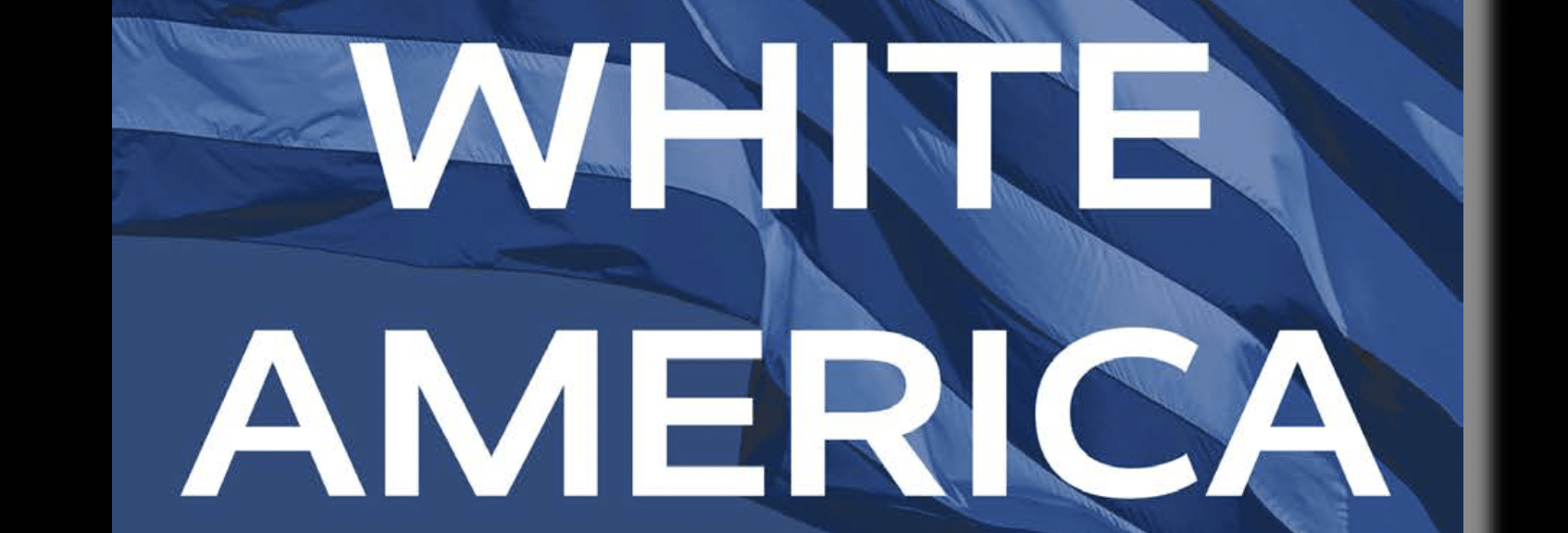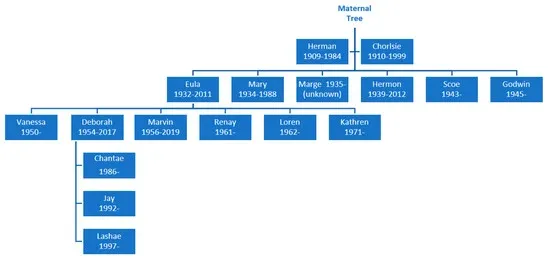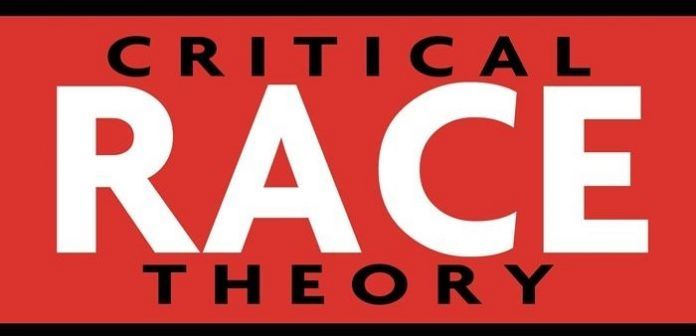State-Sponsored Ignorance
State-Sponsored Ignorance
The United States now has officially state-sponsored ignorance, pushed in the name of freedom. Although Florida is one of about 18 states that have officially restricted lessons about race and racism, Florida has taken this censorship to the next level by banning not only the teaching of Critical Race Theory and the New York Times’ 1619 Project, but also discussion of race, racism, and gender identity in schools. Through both legislation and gubernatorial pronouncements, Florida now also bans most of African American history and African American perspectives on history. Textbook companies, racing to keep up with what is required for sales, are now attempting to tell the Rosa Parks story without mentioning race. Hmmm. In a bill addressing K-12 schools, teachers cannot use a student's preferred name and pronouns, and discussing gender identity and sexual orientation would be prohibited topics until high school.
This is state-sponsored ignorance.
Writing in Black Rights/White Wrongs, philosopher Dr. Charles W. Mills stated in 2017: “Imagine an ignorance militant, aggressive, not to be intimidated, an ignorance that is active, dynamic, that refuses to go quietly—not at all confined to the illiterate and uneducated but propagated at the highest levels of the land, indeed presenting itself unblushingly as knowledge . . . . (p. 49).
State-sponsored ignorance. Where we are now.
There is a long history of marginalized peoples fighting for recognition in textbooks and in schools. There is also a long history of people fighting for not just representation, but also voice. And there is a concomitant long history of groups with power banning curricula that might disrupt the status quo. During the 1930s and early 1940s, for example, Harold O. Rugg, who was affiliated with the social reconstructionist movement that critiqued laissez-faire capitalism, wrote a series of social studies textbooks that emphasized critical thinking, stressed active citizenship, and included social action. The texts took up themes like class conflict and the unfair distribution of wealth. Although the textbooks sold well, large corporations organized to foment grassroots protests to have them banished from the schools. The corporations succeeded.
Immediately after World War II, partly in reaction to how Nazis used the concept of race, many teachers began teaching lessons about what science had to say about race, and analyzed issues such as racial inequality. For a brief period of time, this work had political and popular support because it was linked with tolerance and democracy. In an effort to combat domestic racism, many teachers also began introducing texts by and about African Americans, Mexican Americans, Chinese Americans, and Native Americans. Black teachers in segregated schools, who were already teaching Black history, contributed to antiracist teaching. But within two years after the end of the war, spurred by McCarthyism, teachers were pressured to scale back their lessons about racism, since under McCarthyism, support for racial equality was a marker for communism. In fear, teachers retreated.
"Our schools must deliver a good education, not a political indoctrination," Ron DeSantis has said, even while pushing for state-sanctioned white-washed indoctrination.
Writing in Educating for Civic Reasoning and Discourse, Lee, White and Dong argue that “It is only through public schooling that a society can require a baseline preparation” (p. 2). While attention to developing young people’s civic reasoning has lagged over the years, today’s polarized landscape clarifies its importance. The authors do not advocate for a specific course in civics, but instead for intentional integration into the curriculum of the practice of civic reasoning—thoughtful discourse about the nation’s most pressing problems—so that “we have the opportunity to engage our differences, and ideally, find compromises rooted in democratic ideals” (p. 12). A significant challenge for civic reasoning in a diverse democracy is learning to hear and consider multiple points of view, and to examine the reliability of sources of information that underlie such viewpoints. One need not necessarily agree with the viewpoints of others, but one needs to hear, respect, and try to understand them in order to learn to talk across differences.
This is an education needed now more than ever.
Not state-sponsored ignorance.
This blog contains some excerpts from Critical Race Theory and its Critics (López and Sleeter, Teachers College Press, 2023).
Christine Sleeter
